Pashanbhed has been used both in modern and Ayurvedic systems of medicine for treating various health maladies. This herb's rhizomes and roots are widely utilised in conventional medicine. The intense antilithic property of Pashanbhed helps break kidney stones and provides a wonderful pain relief. This therapeutic plant can be applied topically or orally to treat swelling, ulcers, and wounds. Additionally, regular consumption of Pashanbhed powder stimulates urine production, which helps to remove kidney stones as well.
Table of Contents
Chemical Composition of Pashanbhed
This herb's rhizome has bergenin, gallic acid, starch, glucose, tannins, mucilage, wax, a c-glycoside, and beta-sitosterol among other substances. Its leaves include calcium oxalate, gallic acid, and tannic acid. Among the bioactive substances found in seeds are coumarin, gallic acid, tannic acid, and minerals.
Health Benefits of Pashanbhed
Treats Kidney Stone
According to Ayurveda, kidney stones (mutrashmari) are a disorder that arises from an imbalance of the Vata and Kapha doshas. This results in Sanga, a blockage of the urine bladder, which affects micturition. The natural antiurolithic effect of pashanbhed aids in the removal of kidney and urinary system stones. The pacifying and mutral effects of this medication help it treat urolithiasis. By boosting the urine output, it prevents the development of calculi and facilitates the removal of stones by urine.
Controls Diabetes
Because Pashanbhed root extract has hypoglycaemic properties, it helps to regulate blood sugar spikes. The powerful antidiabetic action of pashanbhed increases insulin secretion and supports pancreatic health, controlling uncontrolled diabetes and its symptoms.
Heals Injuries
The powerful astringent and cooling properties of pashanbhed's roots stop bleeding, reduce inflammation, and hasten the healing of wounds. This medicinal herb's dried root extracts are administered topically to treat boils, wounds, cuts, and burns.
Prevents Dysuria
The pashanbehda's diuretic effects could be attributed to the abundance of bioactive substances including saponins and flavonoids. A dosha imbalance can lead to the condition known as dysuria. Due to its Tridosha pacifying and mutral (diuretic) effects, taking this herbal extract increases urine output and provides relief from uncomfortable micturition.
Enhances Liver Health
The extraordinary liver-healing properties of Pashanbhed are crucial in the treatment of liver abnormalities. The liver enzymes serum glutamic pyruvic transaminase (SGPT), serum glutamic oxaloacetic transaminase (SGOT), alkaline phosphatase (ALP), and total bilirubin were significantly reduced by the alcoholic extract of this herbal remedy. As a result, Pashanbhed's hepatoprotective properties are useful for treating disorders of the liver and spleen.



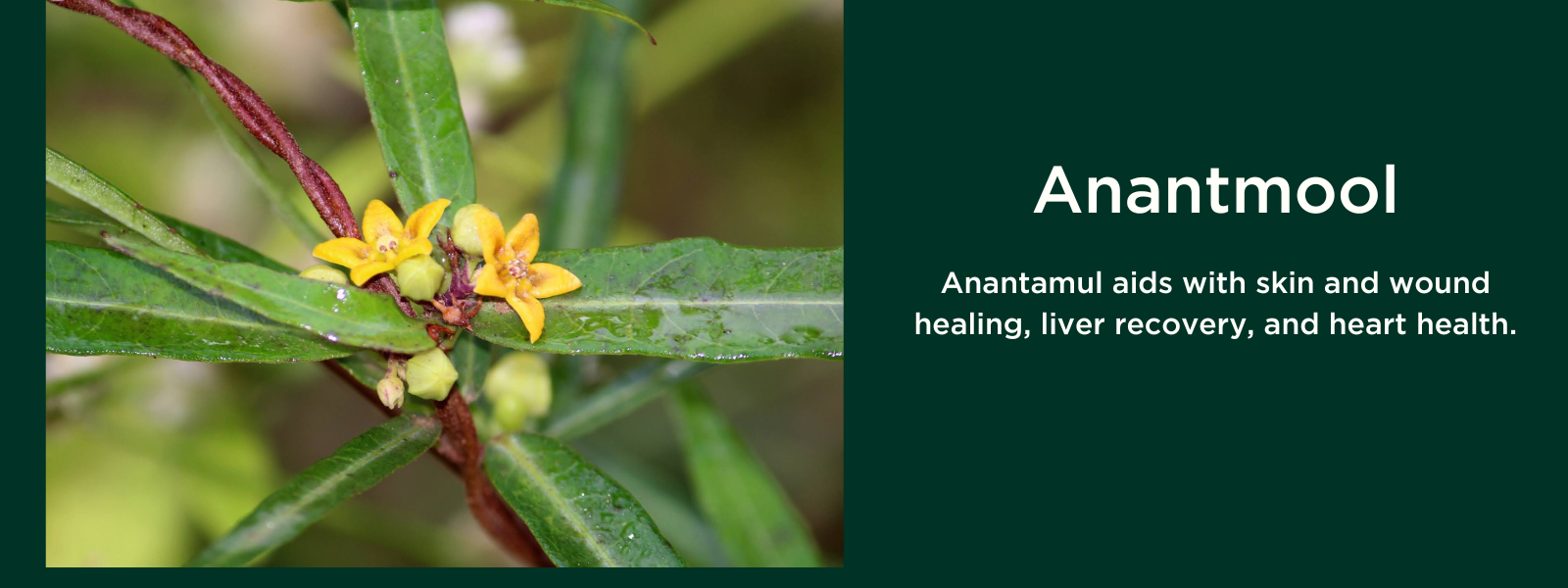
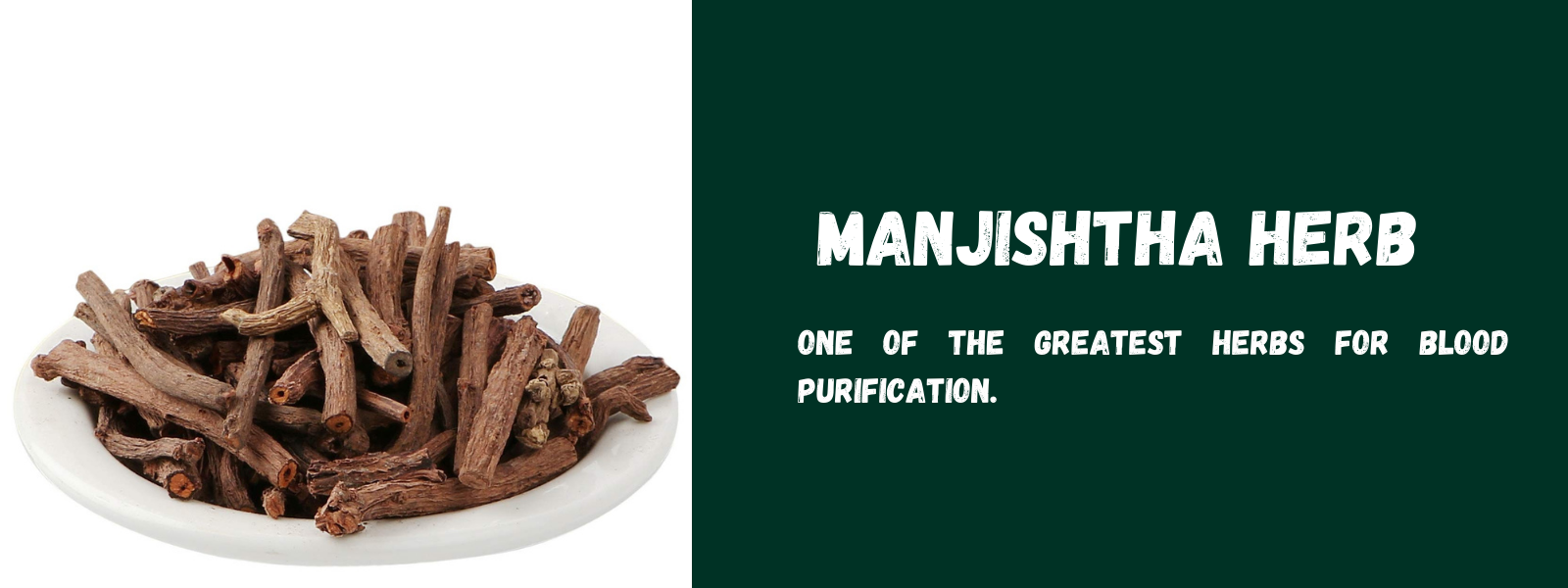
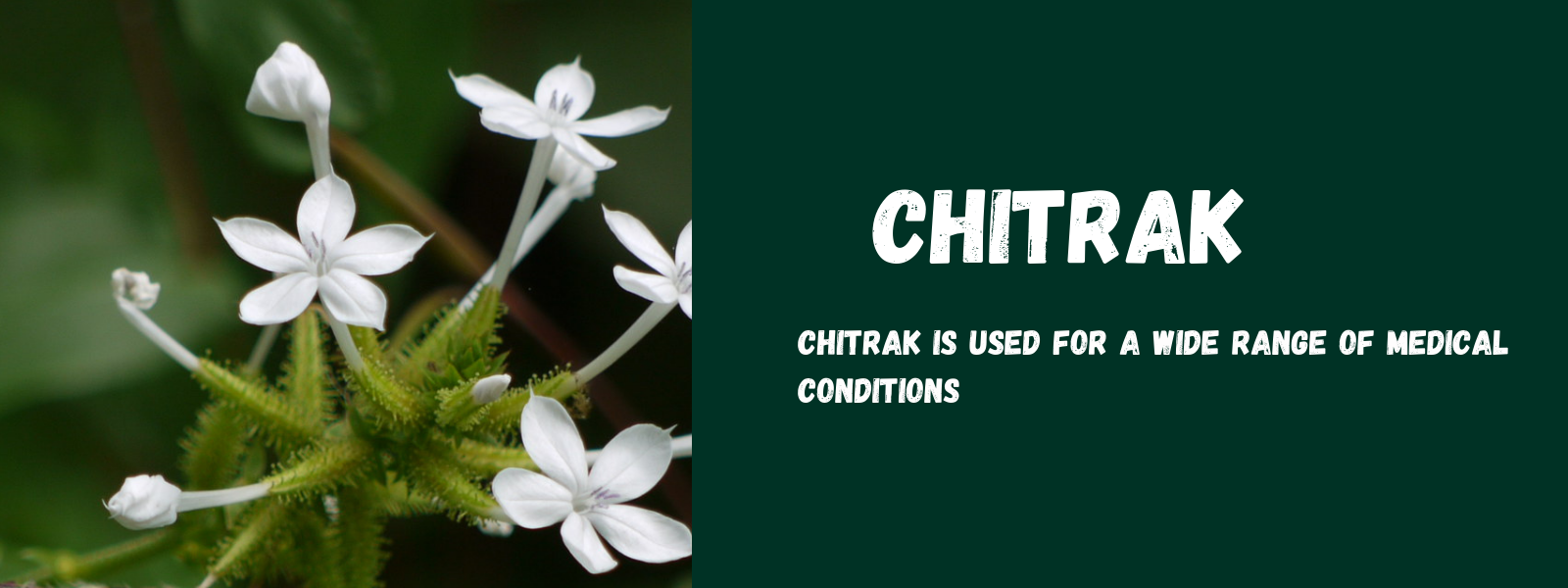
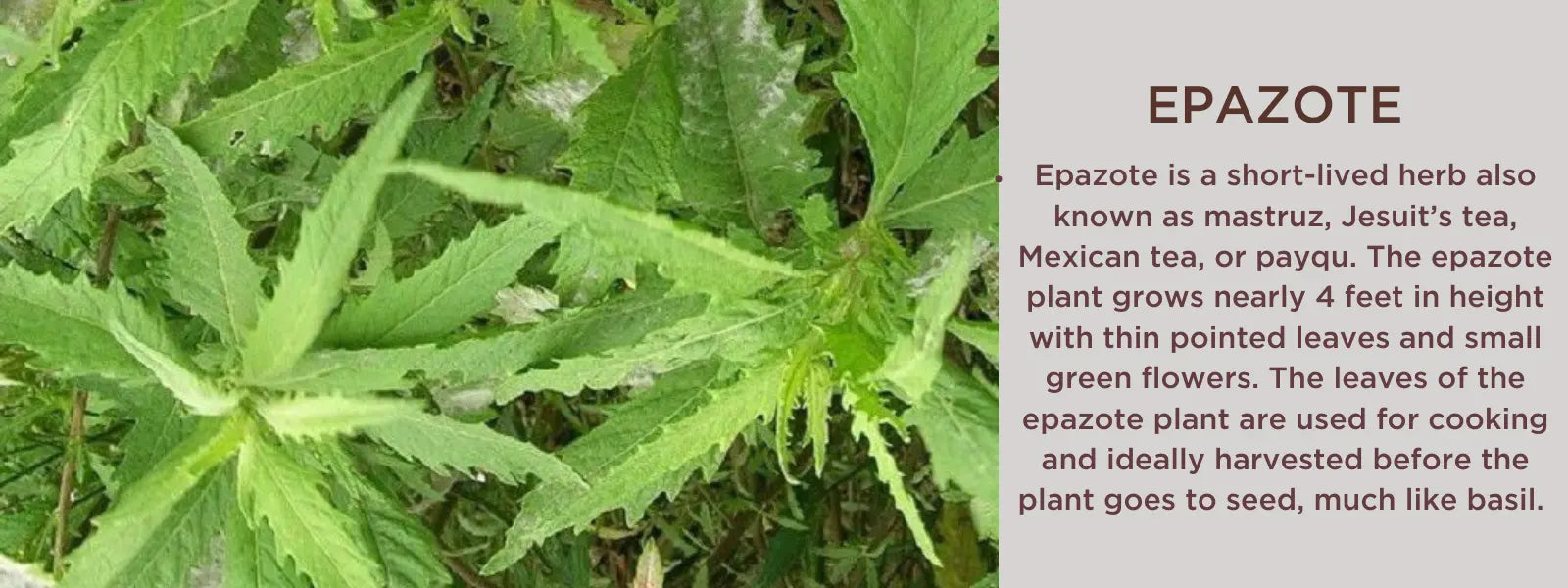
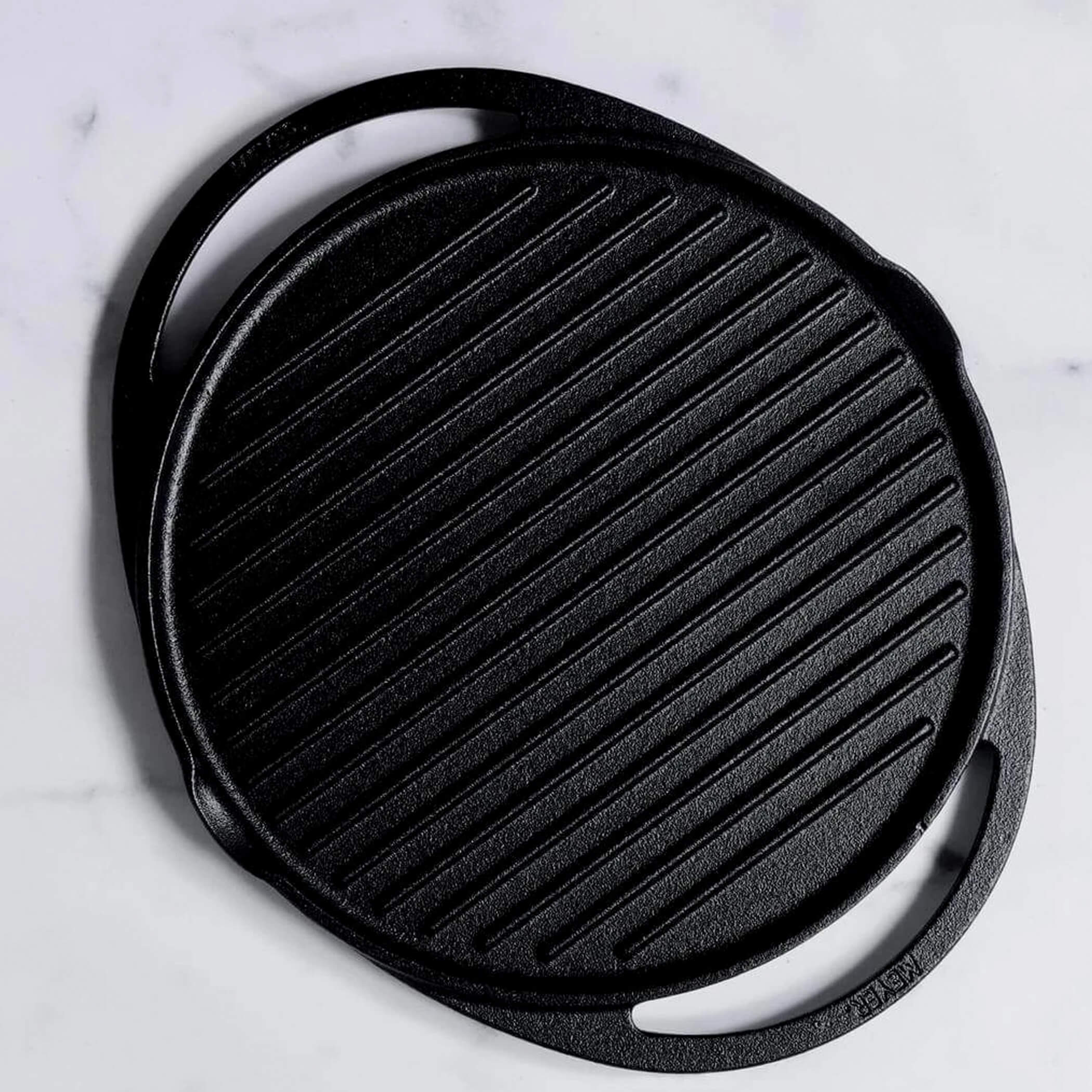




Leave a comment